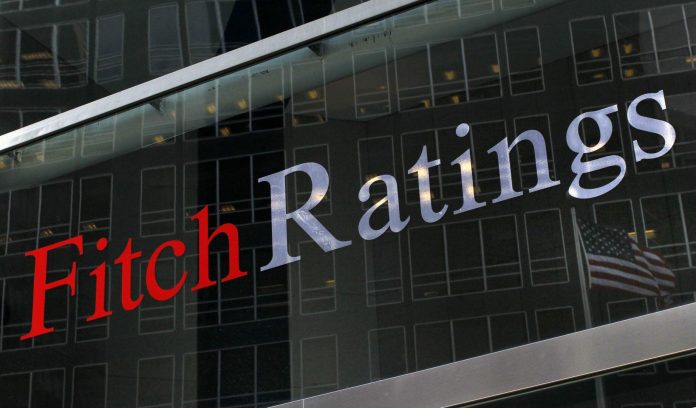
In Fitch’s view, lingering political uncertainty following the change in government last March weighs on the policy outlook as well as prospects for further improvement in governance standards.
KUCHING: Malaysia still has room for improvement following Fitch Ratings downgrading Malaysia’s Long-Term Foreign-Currency Issuer Default Rating (IDR) to BBB+ from A- with a stable outlook last Friday.
According to the international ratings gency, the impact of Covid-19 on Malaysia’s economy has been substantial as economic activities have been reduced, adding to Malaysia’s fiscal burden, already relatively high to peers pre-pandemic.
In Fitch’s view, lingering political uncertainty following the change in government last March weighs on the policy outlook as well as prospects for further improvement in governance standards.
“We believe that it is important to note that Malaysia is not an exception to rating agencies revision of sovereign ratings this past 12 months,” commented MIDF Investment Bank Bhd (MIDF Research) on this downgrade.
“In some way, it is understandable that rating agencies are revising its sovereign ratings given the the deep impact of the Covid-19 pandemic have had on economies around the world. We opine that it is noteworthy that rating downgrades were performed to countries with stronger credit such as the UK and Hong Kong.
“We expect for the sovereign debt downgrade to have limited impact on the economy. While there will be an immediate short-term impact on the ringgit and the financial market in general, we foresee the direct impact will be mainly on the government’s cost of borrowing.”
MIDF Research believed that the lower rating may lead to higher long-term borrowing cost, taking into account higher risks from the weaker fiscal dynamics such as higher fiscal deficit, debt-to-gross domestic product (GDP) ratio and politilcal uncertainty.
“Despite the higher cost of borrowing, we expect the government will continue to increase borrowing next year to finance its fiscal deficit,” MIDF Research continued.
“We still project for the government spending to provide positive contribution to 2021 GDP growth, which will be one of factors that will support the country’s economic growth rebounding back to positives from the low base this year.
“We do not expect any large impact on the government’s ability to borrow from the market, as the current ratings still classify Malaysian government debts at investment grades despite the recent downgrade. On that note, we maintain our projection that Malaysia’s economy will rebound to 7.0 per cent next year, from -4.8 per cent in 2020.”
Going forward, based on the macroeconomic trends and forecast assumptions by Fitch, Affin Hwang Investment Bank Bhd (AffinHwang Capital) believe the current rating of BBB+ (with a stable outlook) will likely remain in the immediate term.
“The current account surpluses will continue to be the feature of economic fundamentals in Malaysia. If the current account surplus position were to narrow significantly, we believe the government need to delay or sequence projects with high import content and a low multiplier effect on the economy,” it said in its own notes.
“Instead, focus on projects that have low import content and a high multiplier effect to safeguard the current account surplus. Given that Malaysia is an open and wellintegrated in the global economy, the uncertainties and issues prevailing in the external sector will impact on Malaysia’s economic fundamentals.
“Malaysia’s current domestic economic fundamentals remain largely intact, as reflected in healthy current account surpluses, supported partly by healthy domestic
demand, and better global growth prospects next year.”
Meanwhile, AffinHwang Capital believe that Malaysia is unlikely to experience a twin deficit (a deficit in both its budget and current account on the balance of ayments), as experienced before the 1997/1998 Asian Financial Crisis, which was also a major concern for foreign investors.
During the Asian Financial Crisis, Fitch assigned a rating of BB on September 9, 1998, this was the lowest rating on record.
“In the near term, following the downgrade by Fitch, market observers raised some concerns on external funding due to slightly higher borrowing costs to finance part of the government’s expenditure, if the need arises.
“However, we believe the bulk of deficit financing would continue to be raised from the domestic market given ample liquidity in the system. As domestic borrowings will still be the main source of funding (99.98 per cent of total gross borrowings estimated in 2020), we believe this will also minimise foreign exchange risk exposure.”
The post Room for Malaysia’s improvement following Fitch downgrade appeared first on Borneo Post Online.



